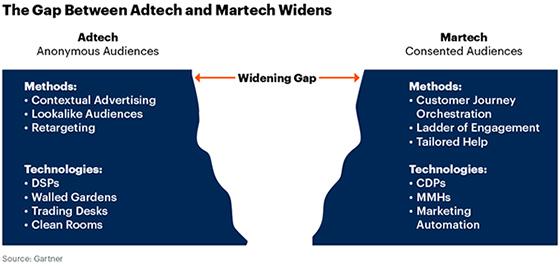
Google on Thursday called the transition to
Google Analytics 4 (GA4) from Universal Analytics (UA) complex -- especially for enterprise customers -- so the company is pushing the migration deadline for for customers of UA360 customers from
October 2023 to July 2024 to ensure a successful migration.
UA360 customers are a small subset of all Universal Analytics users. The date for standard UA properties remains
the same, July 2023.
“We're focusing our efforts and investments on Google Analytics 4 to deliver a solution built to adapt to a changing ecosystem,” Russell Ketchum,
director of product management at Google Analytics, wrote in a post.
Ketchum wrote that Google will shift support away from UA360 and will move the focus to GA4. “As a result,
performance will likely degrade in Universal Analytics 360 up until the new sunset date,” he wrote.
advertisement
advertisement
Google began 2022 with an announcement that UA360 -- the longtime analytics service
for customers -- would sunset next year. At the time, Andrew Richardson, senior vice president, analytics & marketing science, Tinuiti, said it wasn’t a big surprise.
GA4 has the
flexibility to measure many different kinds of data without the use of browser cookies and uses an event-based data model for measurement or store IP addresses, helping brands adhere to privacy
regulations.
Smaller or less sophisticated clients of the analytics product will have Google make the transition for them.
Gartner Analyst Eric Schmitt called out several impacts that
brands will experience from the migration in a research piece from June 2022.
“The implications of the GA4 migration mandate are immense, even by comparison to other major Google
declarations, delays and revisions,” he wrote. “Estimates of Google Universal Analytics adoption exceed 25 million websites. Of the 900 brands whose martech stacks were captured in
Gartner’s 2021 Digital Performance Benchmarks dataset, 65% use Google Analytics.”
The impact of the migration is vast. The move has a three-tiered impact:
- Operational reset as data collection, data processing and day-to-day analysis standards are overhauled
- Advertising imperative to use Google Analytics to orchestrate paid media Google
spend on search, display and YouTube, and for on-site and in-app testing
- Divergence of ad tech and martech as the gulf widens between tech for anonymous audiences and tech for marketing to
known and consented audiences
The more ad dollars spent on Google, the stronger the case for GA4 investment, Schmitt wrote. Gartner Estimates, based on Alphabet SEC filings, that
Google captures roughly 30% of all paid media spend globally, and that companies spend an average of 1% of revenue on Google Ads.